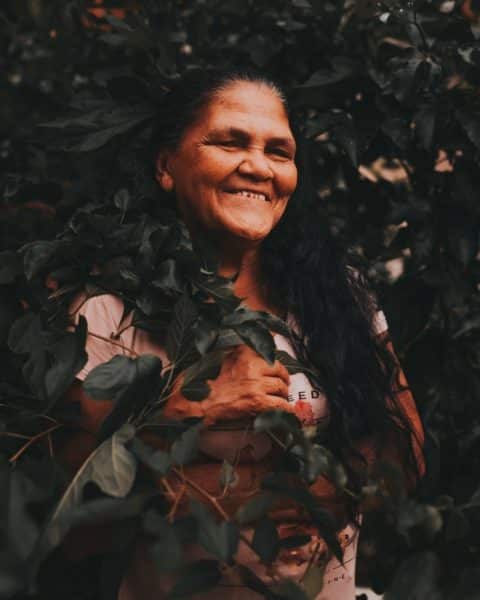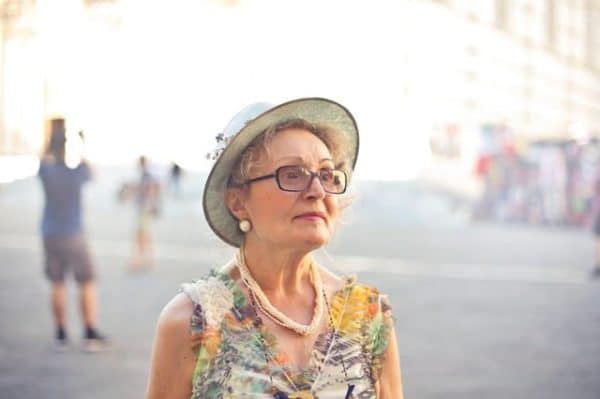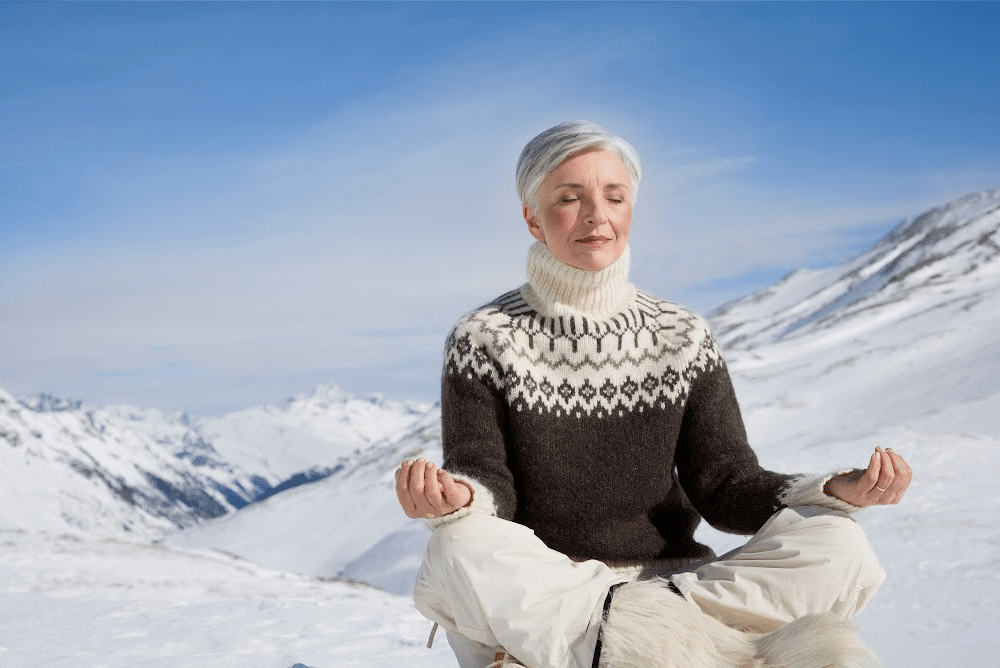If you’ve built self-care practices into your day to day life, why not share this beneficial lifestyle with your parents and grandparents? But even if you decide to introduce your older loved ones to the benefits of self-care, will they take them on board at this later stage of life? Worth a try! These tips will help you introduce habits and lifestyle changes that will make life easier for your elderly loved ones.

Instill a Self-Care Mindset
It’s an unfortunate fact about many elderly people (women especially) that they were raised to feel that their main role in life is to ensure that the family’s needs are taken care of. Everything from cooking meals to cleaning the house and even looking after their health came under the umbrella of things they were doing for the sake of the family. Then, when the kids have left home—or their spouse tragically passes away—they lose the motivation to do things like cook healthy food, clean the home, or even go to the dentist. Why? Maybe because they don’t think of themselves as worthy of care. Helping your loved one change this mindset is an important first step towards helping them adopt self-care practices.
Make Small Lifestyle Adjustments
When you’re not used to the concept of self-care, a long list of beneficial practices and habits can be overwhelming, with the result that you don’t take up any of them. Sometimes it’s best to start small. If your older loved one has chronic dental issues, booking them in for a check-up or to get full or partial dentures would be a good place to start. Or if they enjoy cooking but only tend to cook fried food, start by teaching them a couple of healthy recipes, or even taking them out to eat at your favorite healthy restaurant so they can sample some of the foods you enjoy. Or if they don’t currently exercise, encourage them to join you on a walk once a week. Whatever you decide will have the most impact, identify one need, and help them get results in that area before moving on to the next challenge.

Avoid Obsessing About Physical Health
At a fundamental level, the concept of self-care is based on the idea that wellness goes deeper than physical wellbeing. In other words, even if you are physically healthy, you are not necessarily well in a holistic sense. Many elderly and even middle-aged folks are treated for physical ailments without other issues such as mental health being assessed.
Unfortunately, a medical-centric form of health is often backed up by friends and family, as well as the health system at large. While it makes sense that your older family member’s health would be a top priority, try not to let it become an obsession to the exclusion of other crucial areas of health. For example, if you’re walking home with your mum after an appointment with the oncologist, rather than saying to yourself, ‘The doctor assured us that the cancer is in recession, so that means that Mum is doing fine,’ why not take the opportunity to show your mum that her happiness is important, as well as her health. Whether you stop off for coffee and talk about her hobbies, or have a conversation about something fun she would like to do in future, it’s important to put the physical aside sometimes and think about other areas of health.
Whether it’s your mom or your grandfather, convincing older people to embrace self-care can be difficult. These tips will help you take small, positive steps.





